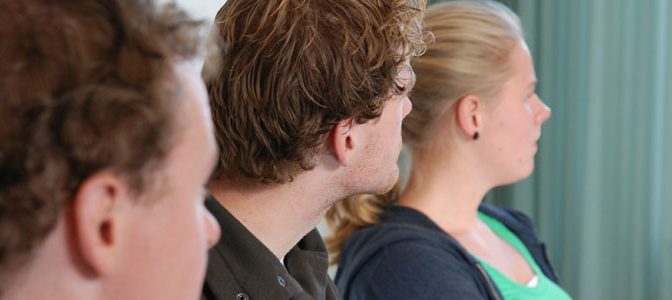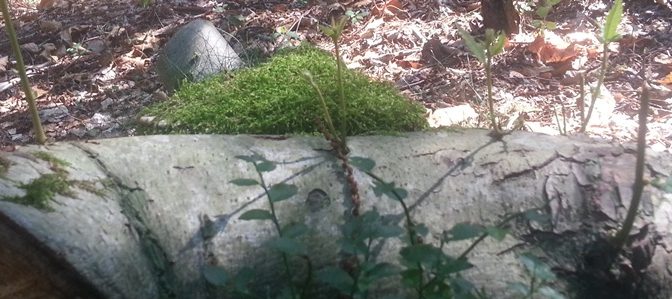What are my inner drivers in wanting to change Higher education?
I would like to share one of the biggest “speer in the chest” moments, or cold shower moments (as we say in Dutch), where I was confronted with my illusions and at the same time inspired to make a change. This was around 2008.
A woman presented her question at the first day of an education I gave. Within the first minutes I realized she had no impact on the group whatsoever. Then she told us that she was quite nervous, but was unable to show it anymore. She had learned during all kind of courses to be this nice, kind and pretty doll. These courses addressed topics like presentation skills, assertiveness, and acquisition. During this process, she was more and more focused at the outside, while blocking her true feelings. Now she was at the point where she had lost the connection to her inside. She could register that she was nervous, but was unable to show it anymore. I asked her what the impact was of this realization, and she began to cry. She had lost herself in the game of interests of the big organizations she had worked for. These organizations wanted their employees to present a controlled picture of the organization to their customers. This story was for me a cold shower experience. Until now, I believed that managers were the bad guys who sent people to training programs from their organizational interests. Thereby corrupting the human development of their employees. Only now I saw that I as a trainer had considerable influence on this process of corruption. Trainers make a party out of their meetings, thereby seducing the participants half consciously into the learning goals of the training. My next realization was: in the worst-case scenario, participants actually learn something from this! They learn how to be a good employee according to the picture of the organization. Participants put themselves aside, and built a business personality instead that they turn off after work, not realizing that they cannot turn a part of themselves off. This woman had become one with this business picture from the outside and thereby lost herself. After this realization, she jumped into a burn-out and I referred her to a fellow coach of mine to assist her in her recovery.
Now I can say that this was one of the moments that changed my life and reinforced my search for ways to stimulate people to take responsibility for their own development. In our technical society that is addicted to grow and
I have made the turn to higher education because I realized that emerging adults are in a fragile period of their life. They set out to discover who they are, what they want, and what their place is in society. Often they come from high school, being conditioned to focus on getting grades, and mostly learning knowledge they do not genuinely relate to. Learning the knowledge and skills has become the (learning)goal of education, instead of the mean for personal development, where self-knowledge contemporaneously grows with the knowledge students acquire. And where students have to space to create a genuine relation to the educational content.
Questions can create this genuine relation because of the nature of questions. A question is always living inside people. It is the worded tension people feel inside and a source for wonder and action (Broek et al., 2014; Schinkel, 2020). Learning goals are always in front of people, and it is not naturally to genuine relate to those goals, especially the learning goals that are imposes by the courses students follow. I have seen many students following courses that students do not immediately like go for the grades. What they often do not realize is that this way of learning makes them become numb, and leads them further away from their passion and desire. What I want to prevent with my research is that, like the woman described above, students lose their connection to the inside.
Literature
Broek, M. v. d., Thiebout, M., Henkes, R., Thiemens, A., Baarda, T. v., Buijs, D., Duiverman, B., Dijkstra, C., Eldrik Thieme, C. v., Haak, M., Hatteland, Ø., Hoedjes, M., Keijzer, D., Klein, V. G., Krückels, G., Loo, J. v., Lugt, P. v. d., Olofsen, F., Prins, F., & Vis, J. (2014). Praktijkboek Dynamische Oordeelsvorming. Christofoor.
Schinkel, A. (Ed.). (2020). Wonder, Education, and Human Flourishing: Theoretical, Empirical, and Practical Perspectives. VU University Press.


